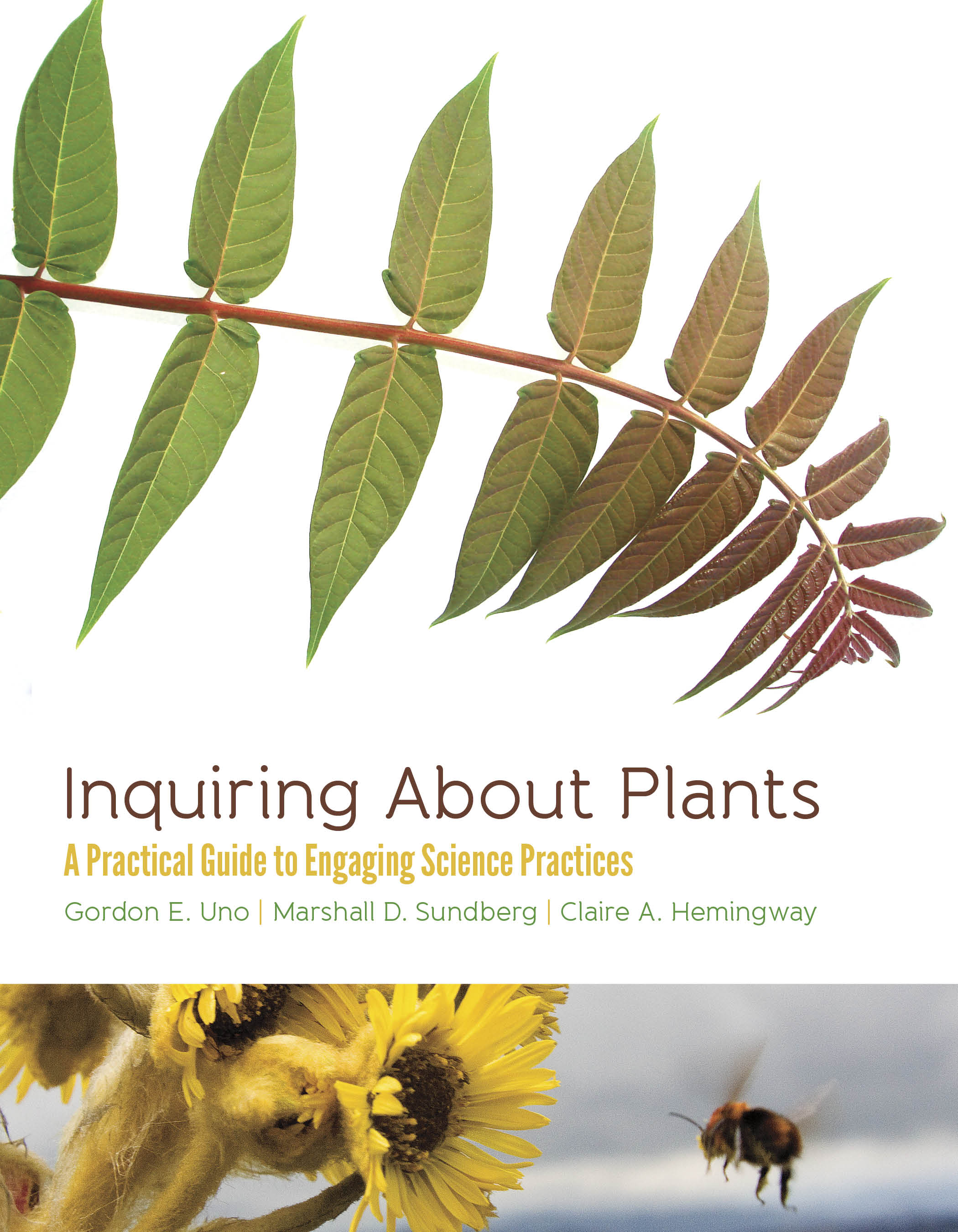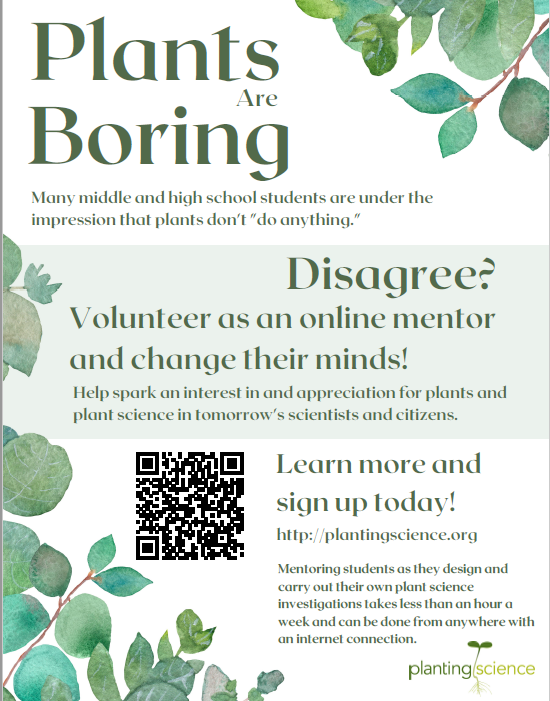Features
Featured Post
Oooh, Good question, Garrett. There's actually a lot of complexity inside that question that can really affect where plants can grow well and where they can't.
Plants can only take in minerals when those minerals are dissolved in water. When they take in water through their roots, the minerals dissolved in that water come along with. As that water moves through the plants, cells that need those minerals can pump them out of the general plant water supply into the cell through their cell membrane.
Now, being dissolved in water doesn't mean it can only take fertilizer that we dissolve in water and pour on the roots. Soil naturally has varying amounts of minerals in it, and soil made of "organic matter" -- dead bits of plant, bacteria and so forth -- has lots more than just sandy soil. When soil gets wet from rain, some of the minerals automatically dissolve in the water that sticks to the soil, so the plant is all ready to take it in.
That organic matter in the soil is super important because it 1) has nutrients; 2) can chemically hold on to its nutrients and others from the soil that wash into it instead of letting them wash away, as happens in sand; 3) stays wet much longer than sandy soil. Organic matter is what makes good soil brown or black instead of pale and rocky or sandy. Those are reasons we use compost on soil, and why erosion and soil tilling are problems.
Two interesting asides about the mineral thing. Did you know that plants don't need any vitamins? They make all their own. Vitamins are complex molecules, usually that help enzymes work. Our bodies cannot make them so we get them from our food. Plants have to make everything they need from basic elements or molecules like CO2, H2O, O2, and minerals like phosphates and iron.
The way all plants take in minerals dissolved in the soil water to survive leads to an way of cleaning up the environment. When soils are contaminated with Cadmium, lead, or arsenic, for example, plants can help clean up the mess. Certain plants cannot tell these harmful metals from things they need, like iron. Plant them at an old factory site and they'll take up the bad metals by mistake. The plants can then be harvested and the metals contained so they're not in the soil anymore, or won't get into people's water. This is an example of "phytoremediation."
-
It's an awesome description of how plants take in minerals which isn't something students often ask about! Jeff did a great job including specifics about minerals, gas, and water without making things too detailed or confusing.
Help us grow!

Your contribution at any level will go directly toward increasing capacity to serve more teachers and students and it will help to sustain the program. Get a print copy of the book Inquiring About Plants: A Practical Guide to Engaging Science Practices by Uno, Sundberg and Hemingway with a donation of $30 or more.
Donate Now
Preparing for the
24-25 School Year?

Teachers! If you're thinking of bringing PlantingScience mentoring into your classroom during the 24-25 school year, applications are now open for BOTH sessions!
To apply, log in to your PlantingScience account and locate the application link under 'Resources'. For more information, check out 'Join as a Teacher' above!
Scientists, this is a great time to update your availability and consider adding Investigation Themes to your preferences. If you are new to PlantingScience, check out 'Join as a Mentor'.
We're looking forward to working with you! Please contact us if you have any questions.
-
Scientist Mentors Needed!
As we grow and continue to pursue our F2 research, we are sending out this appeal to our Scientist community: please spread the word and invite your students, colleagues, and friends to sign up and mentor with us! Mentors range from late undergraduate students to emeritus scientists. Feel free to download our mentor flyer and post it in your institution to encourage others to join us, too!
Testimonials
“I liked that we didn’t know what was going to happen before we did the experiment. Instead of being taught something and then just doing an experiment to prove it, we made an attempt to find out what would happen ourselves.”
- PlantingScience Student
“At every opportunity, all involved kept reminding my students of the process that real science requires. This helped me to convince my students that they are really doing science - not just play acting until some future date.”
- PlantingScience Teacher
“It is a lot of fun interacting with students from an age group I don’t have the chance to spend a lot of time with. It is a good reminder of where public knowledge of plant science stands, and a great opportunity for me to practice explaining key concepts in a simple and straightforward way.”
- PlantingScience Mentor

